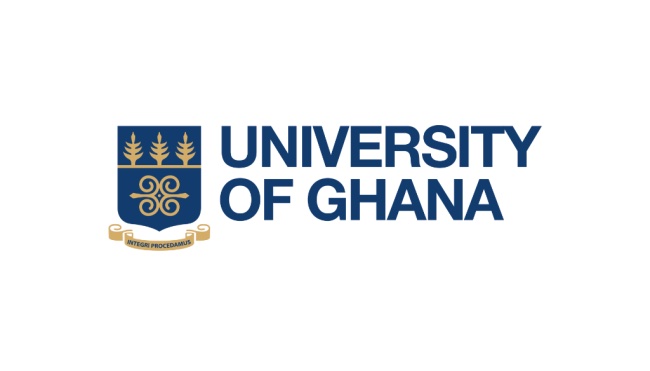UG Led International Team of Researchers Investigating Ways for Nutrition Security Planning in Ghana

Researchers at the University of Ghana, as part of an international collaboration, are exploring ways to enhance complex urban food systems to address nutrient deficiencies and malnutrition in Ghana's most vulnerable populations.
This was communicated in a joint statement issued by the Lead investigator of the project from the University of Ghana, Prof. Richmond Aryeetey, and Co-lead from the University of Sheffield, Dr. Robert Akparibo, an Associate Professor of Global Health, and Nutrition.
According to the statement, “the study is a collaboration between the University of Ghana and the University of Sheffield (UK). It builds on our long-term and ongoing research partnership existing between the two institutions.”
“The current study aims to generate evidence on origins of food that supplies key nutrients to selected cities: Takoradi (Western Region) and Asesewa (Eastern Region). This evidence will enable us to better understand the role of markets, to address nutrient deficiencies, and explore how to use such evidence for community-level intervention planning and decision-making” statement captured.
Under the leadership of Prof. Aryeetey, the team will conduct the study to investigate how to optimize complex urban food systems to respond to nutrient needs and malnutrition among key vulnerable groups in Ghana.
“This study responds to a critical gap in evidence in diets in urban Ghana, given that Ghana’s urban population and cities are growing at a rapid pace. The study will fill an important gap by working with decision-makers in the selected cities in Ghana,” he recognised.
The Public Health professor acknowledged the study's significance in addressing the lack of evidence on diets in urban Ghana, given the rapid urbanization and population growth in the country's cities.
Commenting on the research, Dr. Robert Akparibo, an Associate Professor of Global Health and Nutrition at the University of Sheffield, and Co-lead study, said, “the study provides another unique opportunity for our two institutions to expand on our research activities in Ghana to generate local relevant evidence to help the government make informed evidence-based policies and programming decisions”.
According to him, previous projects completed by the two institutions have informed the development of Ghana’s first Food-Based Dietary Guidelines, which is an important policy decision taken by the government of Ghana as part of efforts to improve the health and well-being of Ghanaians.
The project is funded by a grant from the Innovative Methods and Metrics for Agriculture and Nutrition Actions (IMMANA) programme at the London School of Hygiene and Tropical Medicine, and which is co-funded by the Foreign, Commonwealth, and Development Office (FCDO) and Bill & Melinda Gates Foundation (BMGF).
IMMANA is focused on the development and validation of innovative methods and novel metrics in agriculture and food systems for improved nutrition and health. This is through its research grants, capacity development, and facilitating knowledge sharing and creating knowledge networks and collaborations.